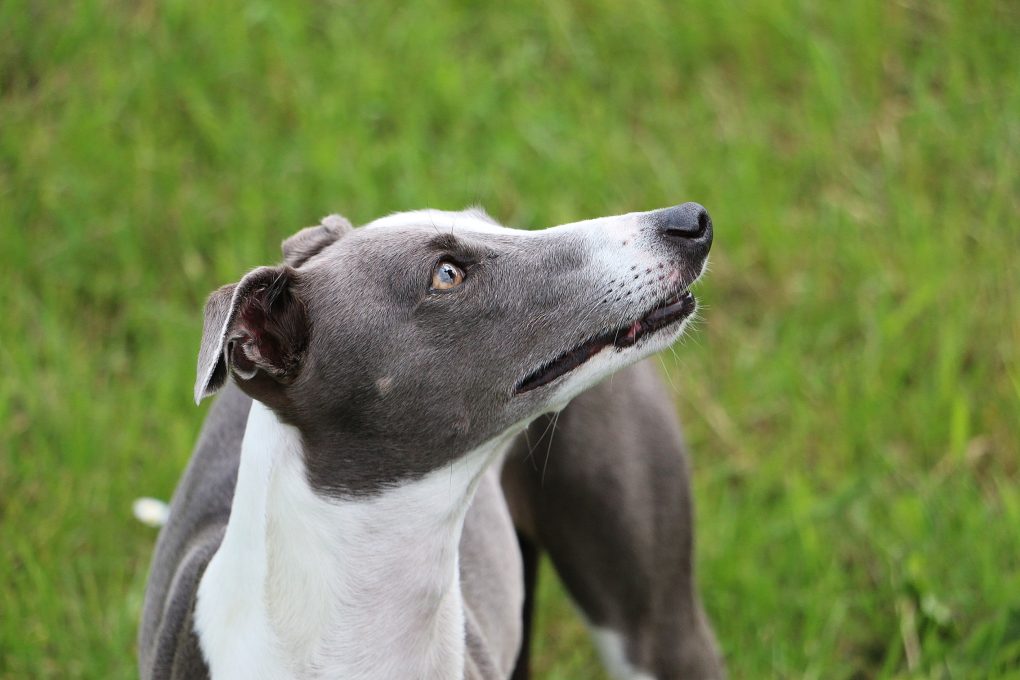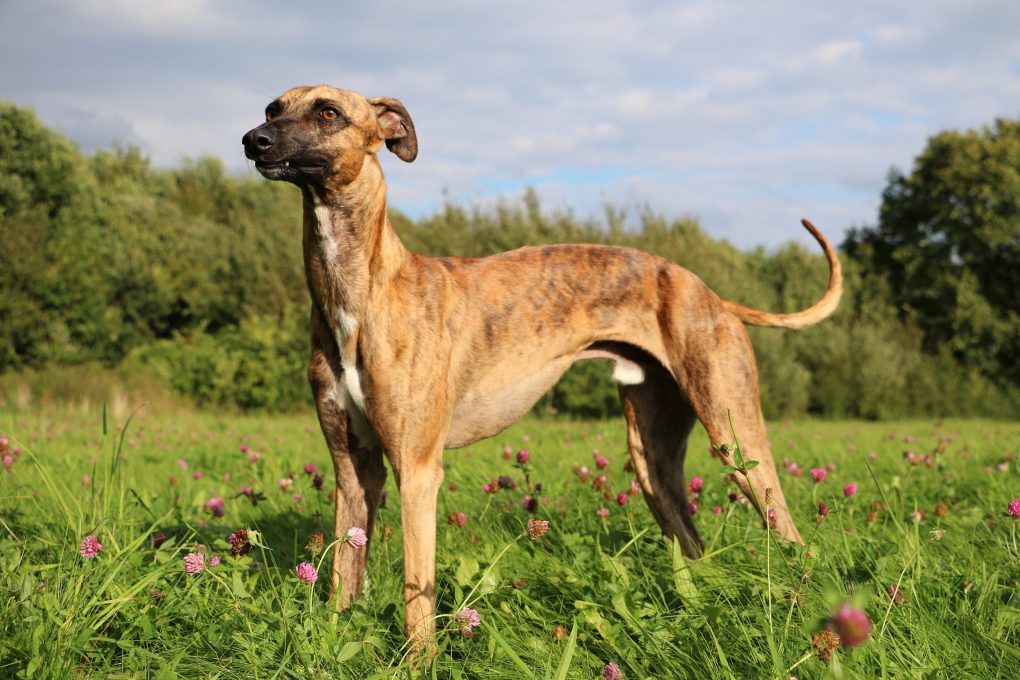Are Whippets Aggressive: Reasons Whippets May Be Aggressive and How to Stop Their Aggression
No, Whippets are not an aggressive breed of dog. They are gentle, friendly, and pleasant with both people and other dogs. However, as with any breed of dog, there can be exceptions to this general rule. For example, some Whippets may display aggression if they need to be correctly socialized or trained or have had negative experiences.
Additionally, dogs can display aggressive behavior if they feel threatened, frightened, or in pain. Therefore, it is crucial for owners to be aware of their Whippet’s body language and behavior and to provide proper socialization, training, and care to prevent any potential issues.


Suppose you are considering getting a Whippet or are experiencing behavior issues with your current Whippet. In that case, it is crucial to seek the advice of a professional dog trainer or behaviorist who can help you to understand and address any underlying issues. With proper training and socialization, Whippets can be wonderful, loving companions.
Table of Contents
Why Some Whippets Are Aggressive
Abandoned
When a Whippet is abandoned or separated from their owner for long periods, it may experience anxiety and stress, manifesting as aggressive behavior towards people or other dogs. This is because aggression can be a defensive response to a perceived threat.
To prevent abandonment issues and subsequent aggressive behavior in your Whippet, providing them with plenty of love, attention, and companionship is vital. Here are some tips to help your Whippet feel more secure and less anxious. Spending quality time with your Whippet is essential to building a solid bond and helping them feel more secure. Play games, go for walks, and give them plenty of attention and affection.
Previously Mistreated
Dogs that have experienced abuse, neglect, or trauma may develop aggressive behavior as a coping mechanism. For example, they may become anxious or defensive in situations that remind them of their past experiences or react aggressively to people or other dogs that they perceive as a threat.
If you have adopted a previously mistreated Whippet, it is essential to take the time to build trust and establish a positive relationship with them. Mistreated dogs may require extra patience and understanding.
Dogs that have experienced trauma may also be more sensitive to changes in their environment, so providing them with a calm and stable living space is important. They may need time to adjust to their new home and family and require more attention and affection to feel secure.
Lacks Proper Training
With proper socialization and training, dogs may learn how to interact with other dogs or people in a positive and non-threatening manner. This can lead to anxiety, fear, and defensive behavior, which may manifest as aggression.


Additionally, if a Whippet is appropriately trained to obey basic commands, it may become easier to control in certain situations. For example, if a Whippet is not trained to come when called or stay on command, they may become more aggressive towards other dogs or people because they feel out of control and threatened.
Proper training and socialization are essential for preventing aggression in Whippets. Through training, a Whippet can learn how to interact appropriately with people and other dogs, control their impulses, and respond to commands. They can also learn how to cope with anxiety or fear more positive and non-aggressive way.
Suffers From Health Issues
Whippets, like all dogs, can exhibit aggression for a variety of reasons, including due to illness or medical conditions. Dogs may become more irritable or aggressive when they are in pain. Certain neurological conditions, such as brain tumors or epilepsy, can also cause changes in behavior, including aggression.
Hypothyroidism, a condition in which the thyroid gland is underactive, can cause changes in behavior, including aggression. Also, if your Whippet is on long-term steroid medication, it can cause changes in behavior, including aggression. Other medical issues, such as infections, may cause your Whippet to become more aggressive.
If you notice changes in your Whippet’s behavior, especially if they seem more aggressive than usual, it’s essential to consult with your veterinarian to rule out any underlying medical conditions. Once any medical issues have been addressed, a qualified behaviorist can help you work with your Whippet to address any lingering behavioral issues.
How to Remove Whippet Aggression
Removing aggression in whippets can be a complex process requiring patience and consistency. Here are a few techniques that can help address aggressive behavior in whippets:
- Identify and remove triggers: Observe your Whippet’s behavior and try to identify any specific triggers that may be causing their aggressive behavior. For example, they may react to other dogs, strangers, or environmental factors. Once you have identified the triggers, work on removing or avoiding them.
- Positive reinforcement training: Positive reinforcement training can be an effective technique for addressing aggressive behavior in dogs. Reward your Whippet for exhibiting calm, non-aggressive behavior, and gradually increase the difficulty level as your Whippet learns to remain calm in more challenging situations.


- Desensitization and counter-conditioning: This involves gradually exposing your Whippet to the situations that trigger their aggression while rewarding them for calm, non-aggressive behavior. For example, if your Whippet is reactive towards other dogs, start by exposing them to a calm and well-behaved dog at a distance and gradually decrease the distance over time while rewarding calm behavior.
- Medication: In some cases, medication may be necessary to help address aggressive behavior in whippets. This should be discussed with your veterinarian and used with behavioral training.
- Consistency and management: It’s essential to be consistent in your approach and not reinforce aggressive behavior. Manage your Whippet’s environment by providing plenty of exercises, mental stimulation, and a predictable routine.
It’s essential to work with a qualified behaviorist or trainer with experience with aggressive behavior in dogs, as every situation is unique, and the approach will depend on the specific behavior and the individual dog. For example, many whippets can learn to exhibit calm and non-aggressive behavior with patience and consistent training.
